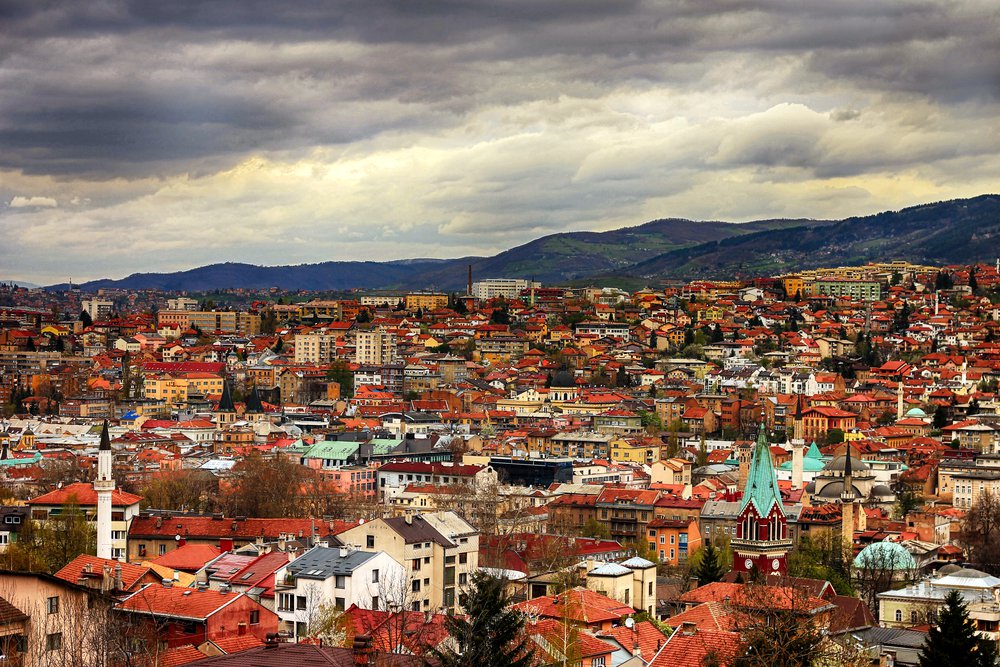ABSTRACT: This article engages in the ongoing debate about the overall value of the General Framework Agreement for Peace in Bosnia and Herzegovina (GFAP), which is one of the most challenging issues in the contemporary peace studies scholarship. In order to support scholars who argue that the constitutional framework for the state-building process in post-war Bosnia and Herzegovina (BiH) offered through Dayton peace agreement did not contribute to the sustainability of the desired concept of ‘one Bosnia and Herzegovina,’ the article analyses the mediation process towards ending the war, the peace settlement and the long-term consequences of the reached compromises. In the end article concludes that the General Framework Agreement for Peace in Bosnia and Herzegovina could be classified as an artificial agreement, considering that the international community still plays a role of mediator in what can be described as a “continuation of war by other means.”
KEYWORDS: Bosnia and Herzegovina, Dayton Peace Agreement, General Framework Agreement, mediation


